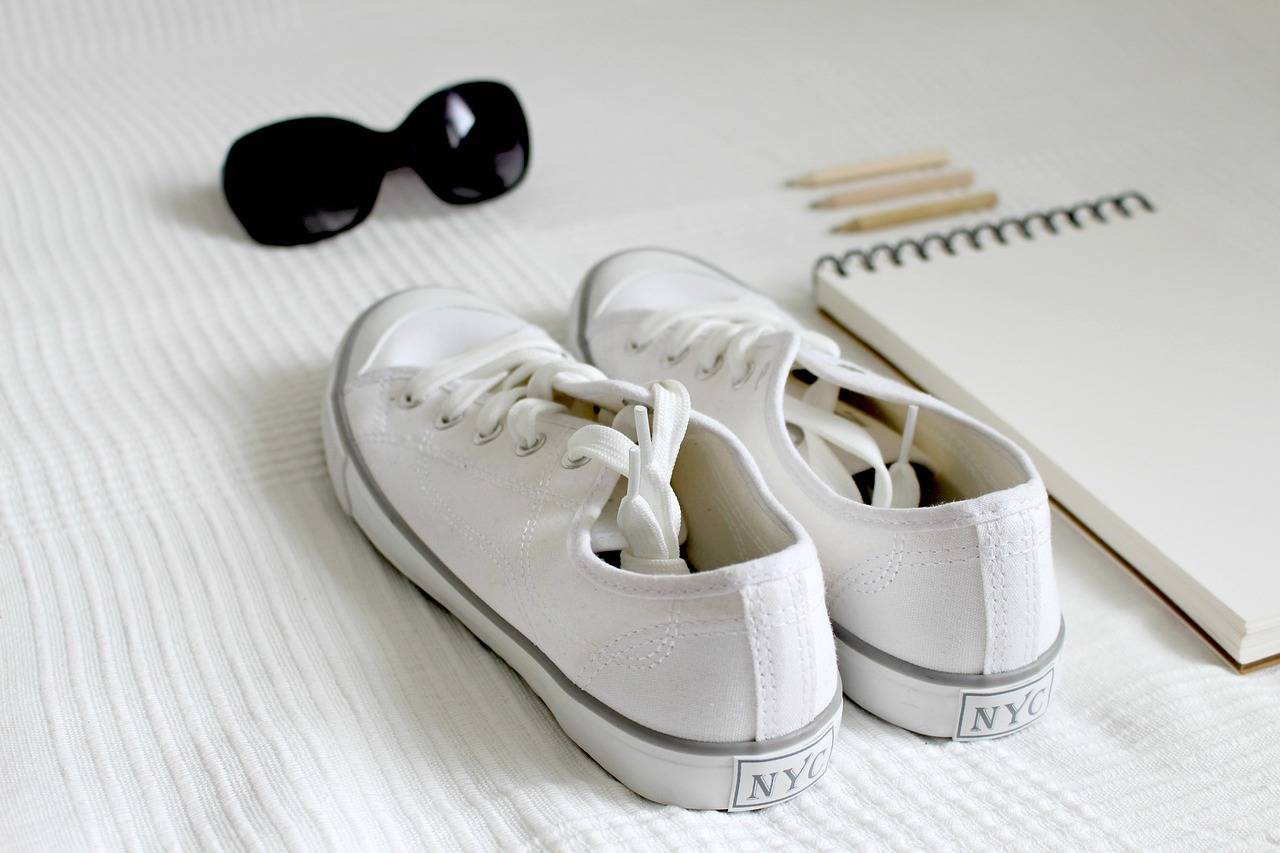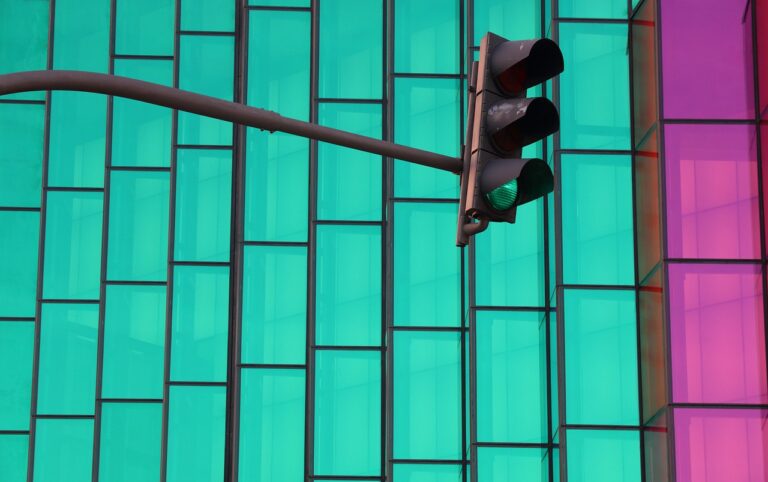The Psychology of Makeup Addiction: When Beauty Becomes Obsession
Makeup addiction can often stem from underlying emotional factors that drive individuals to seek validation through altering their appearance. It’s common for individuals to use makeup as a coping mechanism to conceal insecurities or mask inner turmoil. The act of applying makeup can provide a temporary escape from personal struggles, creating a sense of control over one’s self-image.
Moreover, societal pressures and beauty standards play a significant role in fueling makeup addiction. The constant exposure to idealized images of beauty in the media can lead individuals to believe that their natural appearance is inadequate. This societal influence can contribute to a cycle of dependency on makeup to feel accepted and attractive, perpetuating the addiction further.
The Role of Social Media in Fueling Makeup Obsession
Social media platforms have played a significant role in fueling the obsession with makeup among individuals. The constant exposure to flawless beauty standards, sponsored content by makeup brands, and the rise of beauty influencers promoting various makeup products have contributed to the growing fixation with makeup.
Moreover, the visual nature of social media, such as Instagram and YouTube, allows individuals to constantly compare themselves to others, leading to feelings of inadequacy and the need to live up to unrealistic beauty standards. The pressure to look a certain way, achieve a particular makeup look, or own the latest makeup products can create a sense of dependency on makeup to feel validated and accepted in today’s society.
The Psychological Impact of Makeup Addiction on Self-Esteem
Makeup addiction can have a profound impact on an individual’s self-esteem. Those who struggle with this addiction often rely on cosmetics as a means of boosting their confidence and enhancing their perceived self-worth. The constant need to use makeup to feel beautiful can lead to a dependency that can negatively affect one’s self-esteem over time.
Moreover, individuals with makeup addiction may develop a skewed perception of their natural appearance. The constant use of cosmetics to cover up perceived flaws can create a barrier to accepting oneself without makeup. This reliance on external enhancements for self-esteem can contribute to a sense of insecurity and inadequacy when faced with the reality of bare-faced self-perception.





